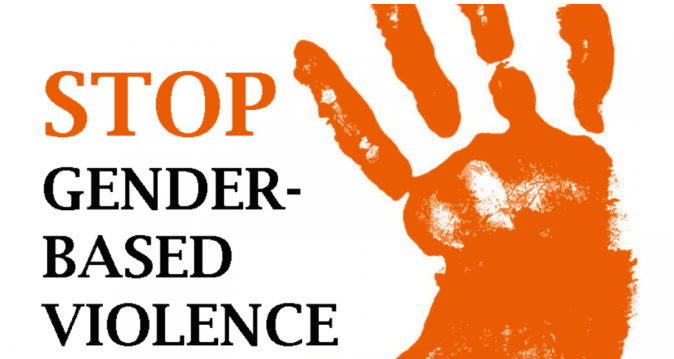Why Kenyans will still elect leaders without integrity

Have you ever asked yourself why Kenyans would still consider voting corrupt leaders into public office despite having an alternative choice of those with integrity? This question made me interview a few of my friends to find out why, how and under what circumstances, in a country or society characterised by high demand for accountability, would one consider voting for a corrupt leader. In my quest to understand the underlying factors that, despite the Kenyan society being aware, would still consider a corrupt leader, I stumbled upon various reasons that may or may not make sense in the ideal world, but practically, considering that every individual has a right to his/her opinion it is worth noting down.
Come 9th August 2022, Kenyan voters will willingly elect corrupt leaders into public office no matter the circumstances. Why would they do that? First, the political elite have segregated voters into tribes, sub tribes, clans and where this form of segregation does not exist, the stereotype will come in handy. The stereotypes include class, lifestyle, gender, economic power or even education standards. These criteria have been used around the world to ensure that corrupt leaders are recycled back into the system.
From my observation and the answers of the respondents, the influence of group identity on its own people and political interferences always worsen the political realignment because in such kind of setting the winner always comes from one of the dominant group. The idea of electing leaders from small tribes dominating the system is near to zero while their counterparts will have the muscle to jungle from one place to infinite using the dominant group as a collateral security.
Many voters will choose to elect corrupt politicians because they have promises of rewards in terms of appointments to plum jobs, tender awards and other privileges after the leaders get an elective post. Many would rather vote for candidates of their tribe no matter how devilish they are. Voters in the rural areas lack accurate and credible information regarding the leaders in the contest and the effect they have to a common citizen and thus would not hesitate to vote out of ignorance. In addition, most politicians threaten their voters, whom in-turn give in to their demands due to death threats or fear of isolation, many of these Kenyans are beneficiaries of bureaucracy that exists at the upper offices of the government and therefore, have no other option than re-electing the same leaders and many of the dominant groups would vote their corrupt leaders because they have been promised to get good roads, bursaries, hospitals and schools once elected.
The other point to note is that the corrupt are always consciously tolerated by voters. Although not always observed, corruption in Kenya has been a propelling blade to a political ladder. Many of the businessmen or public officials who have been accused, arraigned in court or went through a trial in an anti-corruption court, have all at one-time secured elective posts from their electorates and more so if you come from a dominant group, your ticket is fully booked since the tribe act as collateral.
The dramatic rise in ethnic politics and voter ethnicisation have taken voters away from reality. The economic development has taken a U-turn, inflation has increased in double figures, the prices of commodities especially basic commodities have increased almost thrice the same price in the beginning of 2022, and the dream of owning a home or purchase of luxury items like cars will be impossible in near future with introduction of unnecessary taxes every day. The magnitude of the identified effects of increased ethnicisation on corruption, job preferences and unequal distribution of resources are generally large. To a very large extent, since independence, our increased corruption among the legislators from the dominant party or group has been on the rise.
With all these factors intertwined, the wish of voters punishing corrupt politicians at the ballot remains futile at the present and near future since the system that protects the cartels, political corruption and the judiciary in our country still exist. The lack of awareness of exactly what the voters should do to corrupt leaders remains a hindering factor in trying to ensure Kenya grow both economically and politically.
— The writer is a governance expert based in Nairobi















